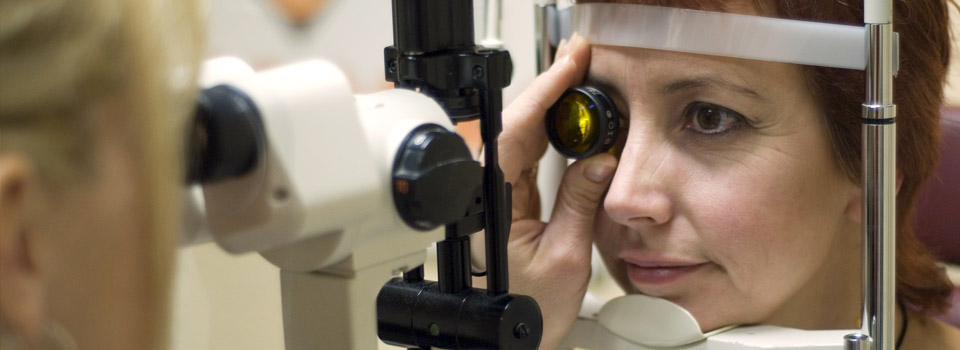Do you have red eyes, itchy eyes or watery eyes? If yes, it could be due to pollen-induced eye allergies. For many, March is the start of eye allergy season, which means uncomfortable symptoms such as itchy eyes, watery eyes or stinging, red eyes. Spring eye allergies are largely due to the release of tree and flower pollen into the air and can cause a severe impact on everyday functioning for those that suffer from them.
How can you defend your eyes during pollen season? If at all feasible, try to reduce exposure to allergens which means staying indoors, in particular on days with a high pollen count. Closing windows, cooling off with air conditioning and wearing wrap-around shades when going outside can also help to limit exposure to allergens in the atmosphere. A HEPA (high efficiency particulate air) filter is also known filter irritants from the air inside your home or office.
However, for the majority of us that must go outside, certain medications can reduce symptoms such as red eyes, watery eyes or itchy eyes. Often times a basic rewetting drop will soothe and relieve itchy eyes or red eyes and flush out irritants. Medications containing antihistamines, decongestants or mast cell stabilizers are made to allay redness and swelling of the eyes as well as other symptoms such as congestion and sneezing. Eye drops often work better than oral products to alleviate eye symptoms.
Contact lens wearers often have worse symptoms from eye allergies due to the fact that irritants are more likely to enter the eye and stick to the outer surface of the lens, triggering inflammation. Further, oral antihistamines can dry out the eyes, worsening the situation. Individuals who wear contacts are advised to take steps to ensure eyes are moist and switch lenses on time. Many optometrists recommend the use of daily disposable lenses, because replacing your contacts more frequently reduces the chances of buildup and inflammation.
When you are suffering from irritated, watery eyes, don't rub them. Doing so will only increase the irritation. Because many of the products that work to alleviate symptoms do need a prescription, if over-the-counter medications are not working for you, book an appointment with your eye doctor.



